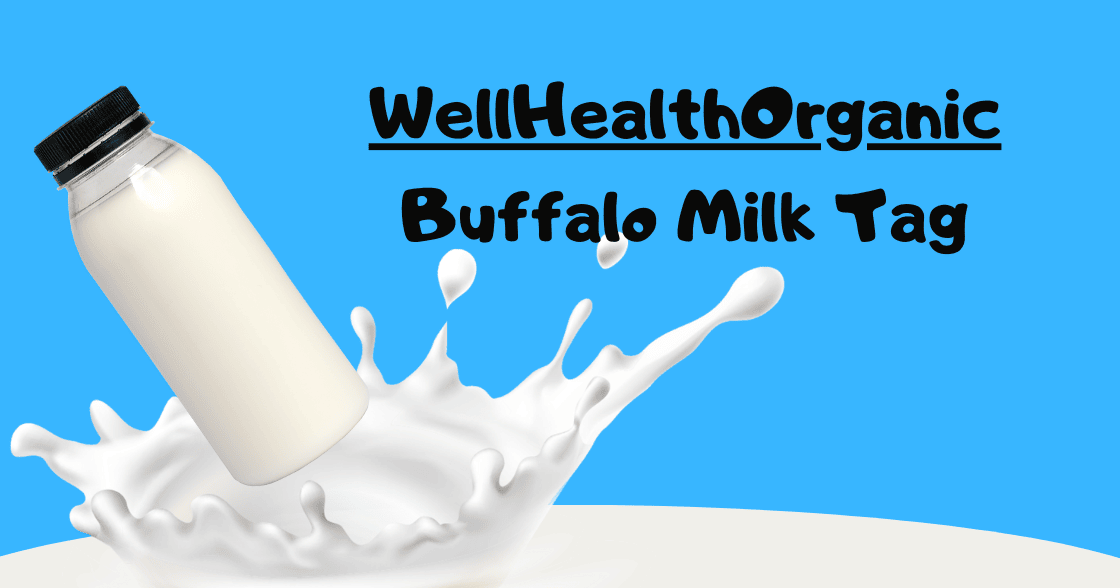Introduction to Isotonix Lawsuit and its controversy
Isotonix Lawsuit The world of dietary supplements is often shrouded in complexity and controversy. Recently, the spotlight has turned to Isotonix, a brand known for its unique line of nutraceuticals. A lawsuit against them has raised eyebrows and sparked heated discussions among consumers and industry experts alike. But what does this mean for the supplement landscape? As public interest swells, understanding the implications of this legal battle becomes essential not just for loyal customers but also for anyone considering entering the supplement market. Buckle up as we delve into the details surrounding the Isotonix lawsuit and explore how it could reshape perceptions within an already intricate industry.
What is the Lawsuit About?
The Isotonix lawsuit centers on claims regarding the efficacy and safety of its supplements. Consumers have raised concerns about misleading marketing practices that suggest these products deliver results superior to traditional vitamins.
Many users allege they experienced adverse effects, linking their health issues directly to Isotonix’s offerings. The complaint highlights a lack of transparency about ingredient sourcing and potential side effects.
Additionally, plaintiffs argue that the company has not sufficiently substantiated its health claims with scientific evidence. This issue raises doubts for those who rely on such products for wellness support.
As this legal battle unfolds, it questions the integrity of MLM (multi-level marketing) models in promoting nutritional supplements, making it essential to scrutinize both claims and consequences involved in such business strategies.
Impact on the Supplement Industry
The Isotonix lawsuit has sent ripples through the supplement industry, prompting brands to reevaluate their practices. Many companies are now scrutinizing their advertising strategies and ingredient sourcing more closely.
This heightened awareness may lead to stricter regulations across the board. As a result, businesses that prioritize transparency will likely gain consumer trust while those that do not could face backlash.
Additionally, competitors are using this situation as an opportunity to distinguish themselves. Brands emphasizing quality control and safety are increasingly appealing to health-conscious consumers.
Some small manufacturers may find it challenging to adapt quickly enough, potentially leading to market consolidation. Larger firms with resources might dominate the landscape as they navigate scrutiny more effectively.
How brands respond in this climate will shape future trends in product formulation and marketing within the entire sector. The fallout from this case is just beginning.
Understanding the Controversy: MLMs vs Traditional Supplements
The debate between multi-level marketing (MLM) companies and traditional supplement brands is heated. MLMs often promote products through personal networks, relying on distributors to sell directly to consumers. This model raises questions about the efficacy of the products being marketed.
Traditional supplement companies typically rely on retail distribution and established scientific research. Consumers expect transparency regarding ingredients and health claims from these brands. The difference in approach can lead to skepticism about the authenticity of MLM offerings.
Moreover, MLM structures can create a financial pressure cooker for distributors who may prioritize sales over consumer safety. Critics argue that this environment sometimes encourages misleading claims about product benefits, overshadowing the integrity of genuine supplements.
As consumers navigate this landscape, understanding these differences becomes crucial for making informed choices regarding their health and wellness needs.
Consumer Safety Concerns
Consumer safety is a pressing issue in the supplement industry, especially following the Isotonix lawsuit. The allegations raised questions about product efficacy and ingredient transparency.
Many consumers rely on supplements for health benefits. When these products come under scrutiny, it creates doubt among users.
The concern isn’t only about effectiveness but also potential side effects. Consumers deserve to know what they are putting into their bodies.
With growing awareness of health risks associated with some supplements, there’s an increased demand for strict regulations and quality assurance measures.
Brands that prioritize transparency can build trust with their customers. Clear labeling and third-party testing are becoming essential practices to ensure consumer confidence in the marketplace.
As discussions around safety continue, companies must adapt or risk losing credibility among informed consumers seeking reliable options.
Steps Taken by Isotonix and the Supplement Industry to Address the Issue
In response to the lawsuit, Isotonix has initiated several proactive measures. The company is enhancing its product labeling practices. This includes clearer ingredient disclosures and more comprehensive usage guidelines aimed at rebuilding consumer trust.
The supplement industry as a whole is also taking notice. Many brands are reevaluating their marketing strategies. They’re focusing on transparency and education to ensure customers fully understand what they’re consuming.
Additionally, industry associations are collaborating with regulatory bodies. Their goal is to establish stricter standards that enhance safety across all supplements.
Isotonix has ramped up its internal compliance protocols too. Regular audits and third-party testing have become essential components of their operations, ensuring products meet high-quality benchmarks before reaching consumers’ hands.
By implementing these steps, both isotonix lawsuit and the wider supplement sector aim to mitigate risks while prioritizing consumer health in an increasingly scrutinized market landscape.
Conclusion and Future of the Supplement Industry
The Isotonix lawsuit has sparked significant discussions within the supplement industry. The implications of this case extend beyond just one brand; they highlight broader issues that consumers, businesses, and regulatory bodies must address.
As consumer awareness grows, so does the demand for transparency and safety in supplements. This trend may lead to stricter regulations governing product claims and marketing practices. Companies operating under multi-level marketing (MLM) models will have to rethink their strategies to regain trust.
The future of the supplement industry rests on a delicate balance between innovation and consumer protection. Brands that prioritize quality, transparency, and ethical business practices are likely to thrive amid scrutiny. As the landscape evolves, both consumers and manufacturers must stay informed about changes in regulations and standards.
This situation can serve as a catalyst for positive transformation within the industry—one that prioritizes health over profit while fostering consumer confidence in nutritional products.



